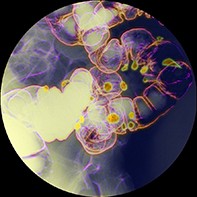Peer Reviewed
Feature Article Gastroenterology
Diverticular disease: picking the facts out of the pockets
Abstract
Diverticulosis is common and mostly asymptomatic. However, it can be complicated by inflammation, haemorrhage, fistulas and perforation. Colonoscopy is an important tool for investigation and diagnosis.
Key Points
- The incidence of diverticulosis increases with age, although the cause remains unclear.
- Diverticula are the most common finding in all patients at routine colonoscopy.
- In most cases, diverticulosis is asymptomatic. Complications of diverticular disease include diverticulitis, bleeding, abscesses, fistulas, strictures and diverticular colitis.
- There is no evidence that avoiding nuts, corn and seeds can prevent complications of diverticulosis.
- Fibre appears to be important in the prevention of diverticulitis episodes, but its role in preventing the development of diverticula is not clear.
- Although their use is contentious, antibiotics are still the mainstay of treatment for mild, uncomplicated cases of acute diverticulitis.
- There may be a role for anti-inflammatories and probiotics in the future management of patients with diverticulitis.
Picture credit: © Science Photo Library/Du Cane Medical Imaging Ltd/Diomedia.com
Purchase the PDF version of this article
Already a subscriber? Login here.

